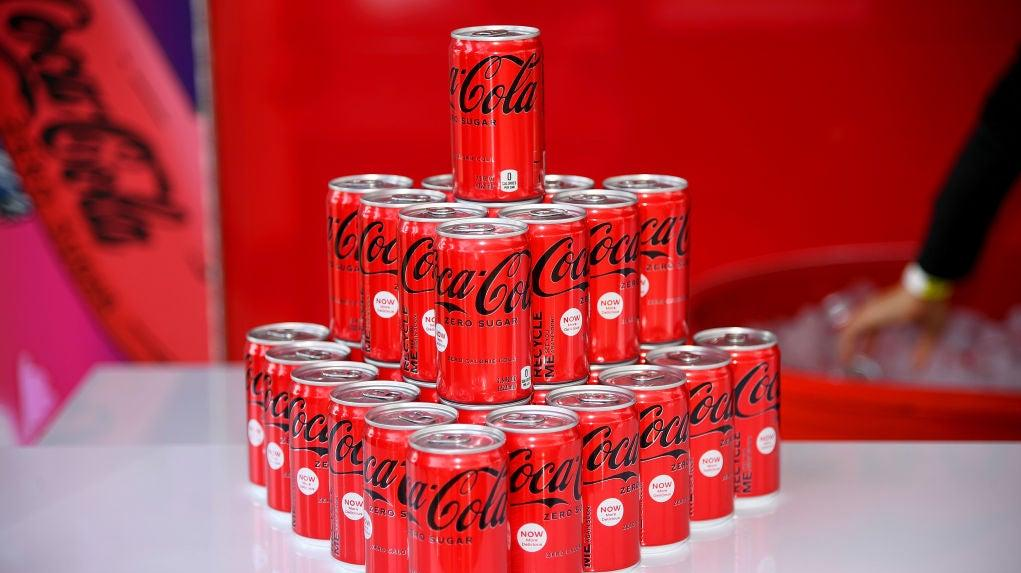"Diet" Soda Is On Its Way Out, Possibly Forever
People don’t respond particularly well to the word “diet” any longer.
Have you noticed that you're seeing more sodas on shelves labeled "Zero Sugar" and fewer labeled "Diet"? I have. There are a lot of soft drinks labeled "Zero Sugar" now, and they seem to be proliferating. It's not that the diet sodas themselves are disappearing—it's just that the wording on the packaging has changed. Companies are replacing the word "diet" with the term "zero sugar," because "diet" is a word that's fallen out of favor with millennials and Gen Z adults. CNN reports on the new trend.
Prominent drink brands that are starting to use the term include 7-Up, Sunkist, Schweppes ginger ale, and more. Coke products are also labeled "zero sugar" now. But both Coke and Dr. Pepper still come in "diet" form alongside a zero sugar option, because the two separate products have slightly different flavors and cater to different customers. But "diet" and "zero" are functionally the same product in terms of having no calories and no sugar.
Greg Lyons, chief marketing officer at PepsiCo Beverages North America, said during the Beverage Digest Future Smarts conference this month that "No Gen Z wants to be on a diet these days." But he also said that Pepsi is still "going to continue to innovate and support that business."
Bye bye, “diet”
It's not that people don't want to buy zero-calorie beverages—sales are still going strong. According to Mintel, a market research company, the diet carbonated soft drink market clocked in at a whopping $11.2 billion in 2020. Compared to 2018, diet soda sales have shot up close to 20%, versus the fully loaded sugary stuff, which only grew by 8.4%. (The full-sugar versions still sell better overall, but their market isn't growing as quickly.)
The hope is that younger customers will continue to grow the zero-calorie market. But there's also some language at play as well, specifically around gender roles, which influenced the way people have perceived diet products.
In 2005, Coke Zero was introduced to the world. The Baltimore Sun wrote back then that the "marketing is geared to a demographic, such as young people and the most macho of men, who see a stigma attached to the word diet."
Jim Watson, a senior beverage analyst at Rabobank, told CNN that nixing the word "diet" makes for a "gender-free way to talk about the same topic." Alex Beckett, a global food and drink analyst at Mintel, told CNN that the word diet "started falling out of fashion... with the rise of zero." So apparently, this has been in the works for longer than some of us (namely me) knew.
The CNN piece goes deeper into the history of diet soft drinks, along with what's to come in the future, like more sparkling water and "gut healthy" drinks. It's worth taking a read if you're interested in what you might see on store shelves in the coming years.
